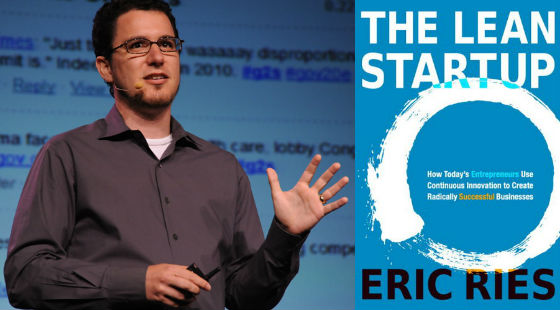I recommend reading ‘The design of everyday things’ by Donald Norman.
The book convey a very rich idea.
The idea is about putting the user at the center of the design. It’s user-centric design: designing based on the needs of the user, leaving aside other considerations. It involves simplifying the structure of tasks, making things visible, getting the mapping right, exploiting the powers of constraint, and designing for error. It’s about designing for usability. Putting by the user at the center of the design process.
On the web
Since the book was published in 1988, the user-centred approach has gone a long way and is today extensively adopted in web design. On the web it possible to create different version of a site (with different text, colors, photos, layouts and functionalities). Splitting the visitors into the different version of the site and analysing how the visitor behave on each version allows to conclude which version is most effective. This is multi-variatant testing.
Classical user testing – observing the user interacting with the site – is also providing valuable insights on how to improve a web site. But the aim of those techniques is make sure the visitors can use the site easily, to help them do what they what to do.
On video games
That’s how I see user centred design being applied to the web. We are seeing such evolution in the video games today: the classic game pad is removed and replaced by a microphone, a guitar, a camera, or a wii detecting you movement. It’s simplifying the way the way the player interact with the game. Its removing the need to understand or learn the complexity and controller. Before you had to press left-left-right-cross-square-square-circle to trigger the power move. Now you just have give a punch with your Wii.
On the rest
Now, how about stretching the idea other fields, where complexity is still high. Simplifying the way things are done, making them easy, understandable and accessible. How about applying that to tax forms, contracts, opening banking accounts. That’s the point Alan Siegel is making in this short TED talk.
Any other area where this idea will bring significant changes ?



